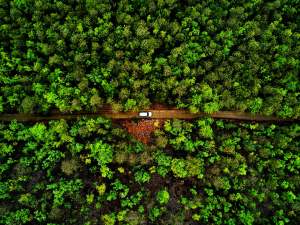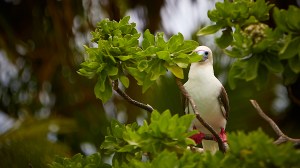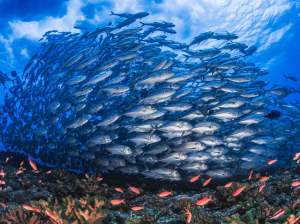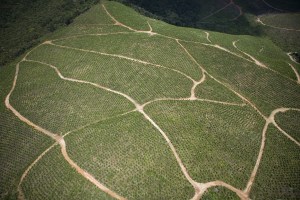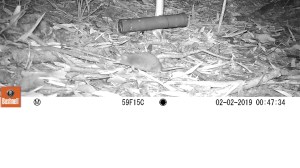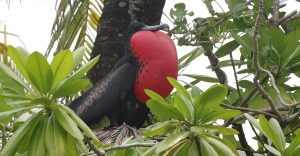Discover stories in Science Briefs
Young Forests Are an Overlooked Climate Solution
New research by TNC scientists provides the first detailed picture of the carbon removal value of naturally regrowing forests
Sun on the Water: How to Plan for a Renewable Energy Future That Floats
The expansion of floating photovoltaics could provide renewable energy while also sparing land. But there are still many unknowns.
Minimizing Tradeoffs Between Crop Yields and Climate Benefits
Research pinpoints where regenerative agriculture practices can have the most benefits for climate change mitigation and crop production.
One Size Does Not Fit All for Sustainable Livestock Production
Understanding economic, environmental, and social and cultural contexts is essential to achieving sustainable livestock production.
Coconut Palms Dominate Over Half of Pacific Atoll Forests
First study of its kind shows that decades of coconut palm agriculture have led to deforestation on over 80 percent of Pacific atolls, and coconut palms now cover more than half of the atolls' forested areas.
Fish Aggregating Devices Could Enhance the Effectiveness of Blue Water Marine Protected Areas
Research from TNC’s Palmyra Atoll suggests fish aggregating devices could increase the time mobile species spend within blue water MPAs.
Mapping Global Land Conversion to Support Conservation Planning
A new map identifying land conversion pressures helps identify where conservation interventions are most urgent.
A Roadmap for Reducing the Climate Impacts of U.S. Beef
Adoption of selected actions, especially around grazing, could reduce greenhouse gas emissions from the U.S. beef industry by up to 30%.
To Save Pacific Turtles, Focus on Small-Scale Fisheries
Small-scale fisheries cause significantly greater mortality to Solomon Islands turtles than longliners.
Caught on Camera: the Long-Nosed Chilean Shrew Opossum
Camera traps in the Valdivian Coastal Reserve document an increase in sites where one of Chile's least-known marsupials is known to live.
How Trees Can Help Fight Rising Heat in Arid Cities
New science shows increasing greening programs in arid cities could reduce air temperatures near people’s homes by an average of 0.5˚C.
Small but Mighty: Pacific Island Atolls are Globally Important Sites for Tropical Seabirds
Global conservation efforts largely overlook the important contributions of atolls to the protection, restoration, and survival of tropical seabirds.
